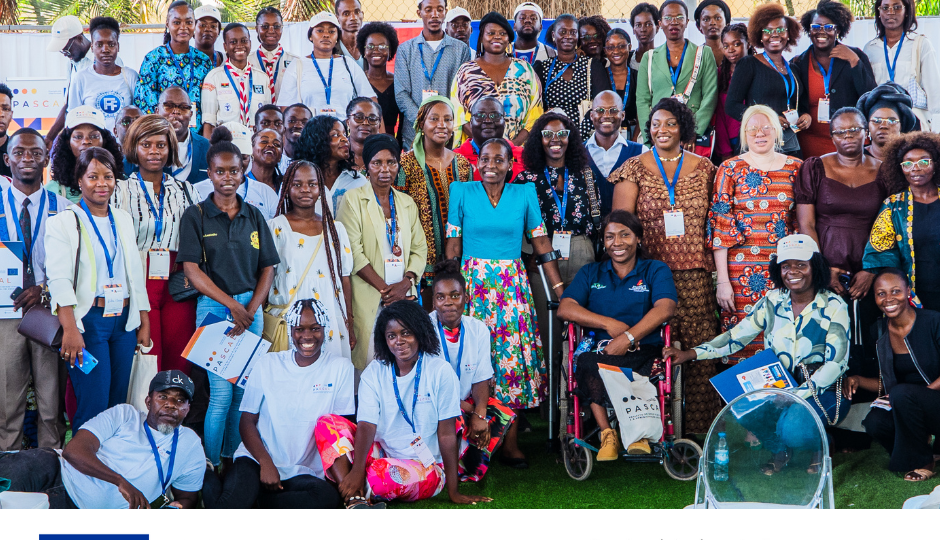
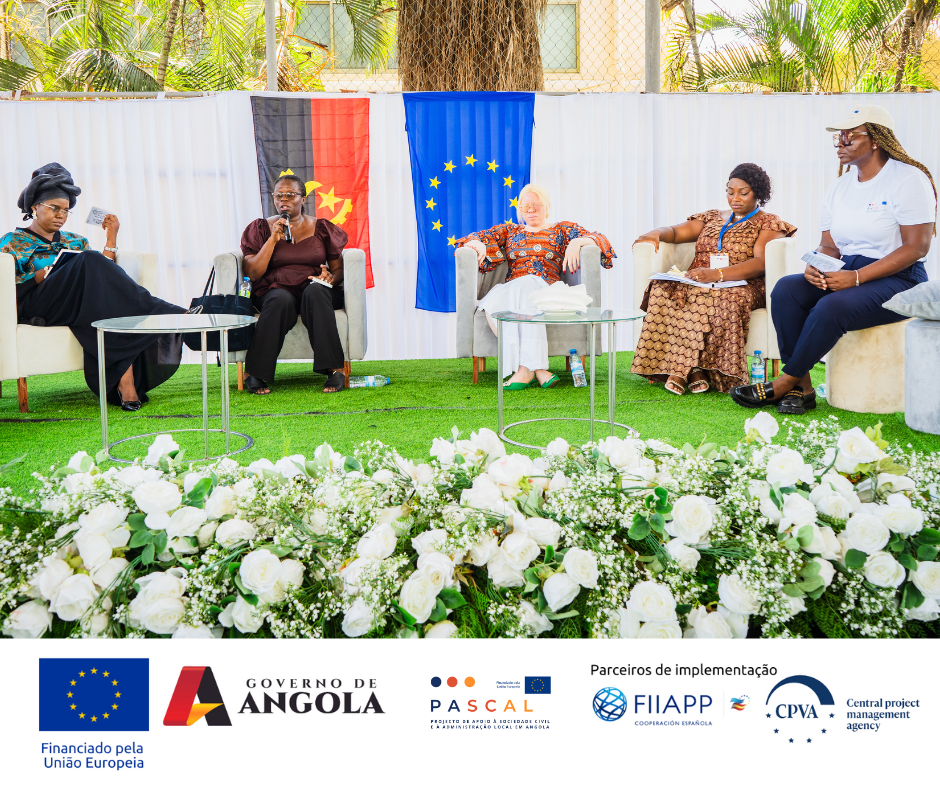
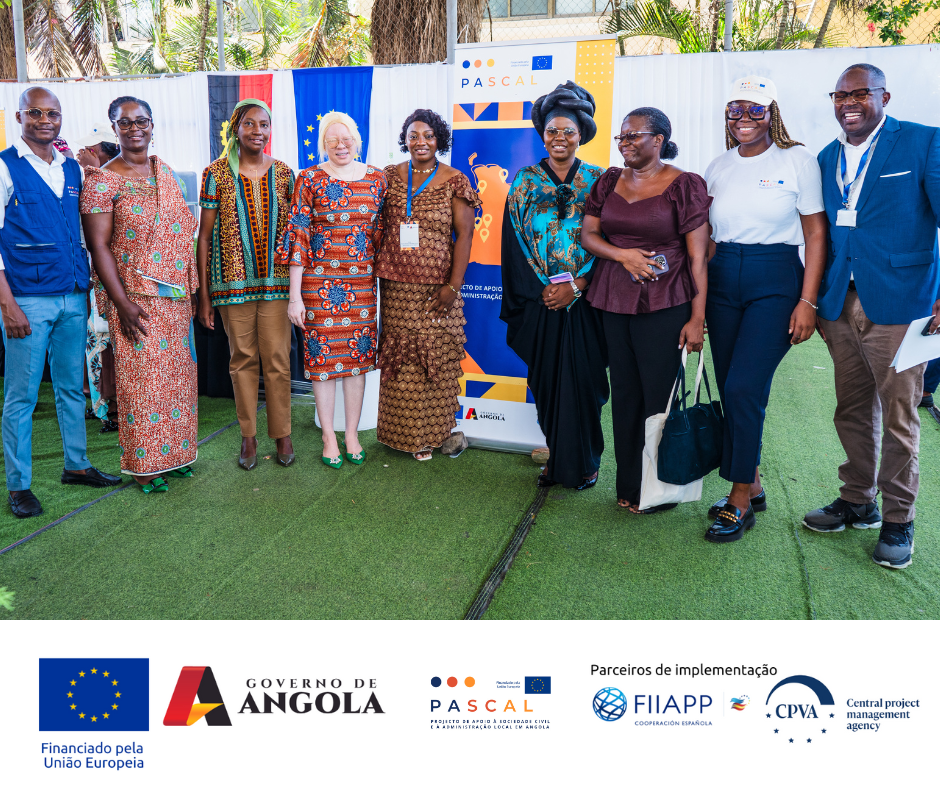 The event was attended by various figures, including Áurea Machado, PASCAL Manager in the European Union, Paulo Maka, deputy municipal administrator for the political, social and community sector, representing the municipal administrator of Viana, Analdina Noeumou, Civil Society Support Specialist and the social activists: Yolanda Miguel, Manasia Futa, Abgness Cora Neto, Eduarda Zacarias and Emília Matias, the event’s speakers.
The event was attended by various figures, including Áurea Machado, PASCAL Manager in the European Union, Paulo Maka, deputy municipal administrator for the political, social and community sector, representing the municipal administrator of Viana, Analdina Noeumou, Civil Society Support Specialist and the social activists: Yolanda Miguel, Manasia Futa, Abgness Cora Neto, Eduarda Zacarias and Emília Matias, the event’s speakers.
During the meeting, topics linked to female participation in the social, political and religious spheres were discussed, and several conclusions emerged from the conversation that aim to encourage young women to make decisions about their participation in the progress of their communities.
According to Abgness Neto, 75% of the informal economy is made up of women, who are responsible for providing food for Angolan families. There are no public policies that take into account the real weight of women in the economy and in society, but this lack of public policies is also a public policy of exclusion.
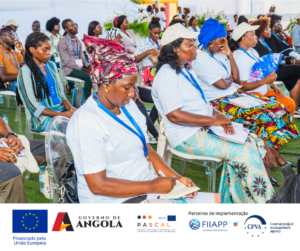
Manasia Futa, considered that if 47% of the Angolan population is young, what are they doing for the social and economic progress of their communities and encouraged young women to look at the proposed law on local authorities to understand how to position themselves.
According to Emilia Matias, women’s first concern should be cognitive intelligence, because we can’t want to have opportunities if we don’t know how to do something. She also stressed that the principle of equality cannot be seen as an undeserved favor or as a quota for political and social favoritism, believing that Angolan women have enough merit to govern, since they are born leaders.
Eduarda Zacarias considered that young women have everything to take part in the process of governance, the only thing lacking is opportunities, because women are still fought against, so women need to join forces to achieve their goals.
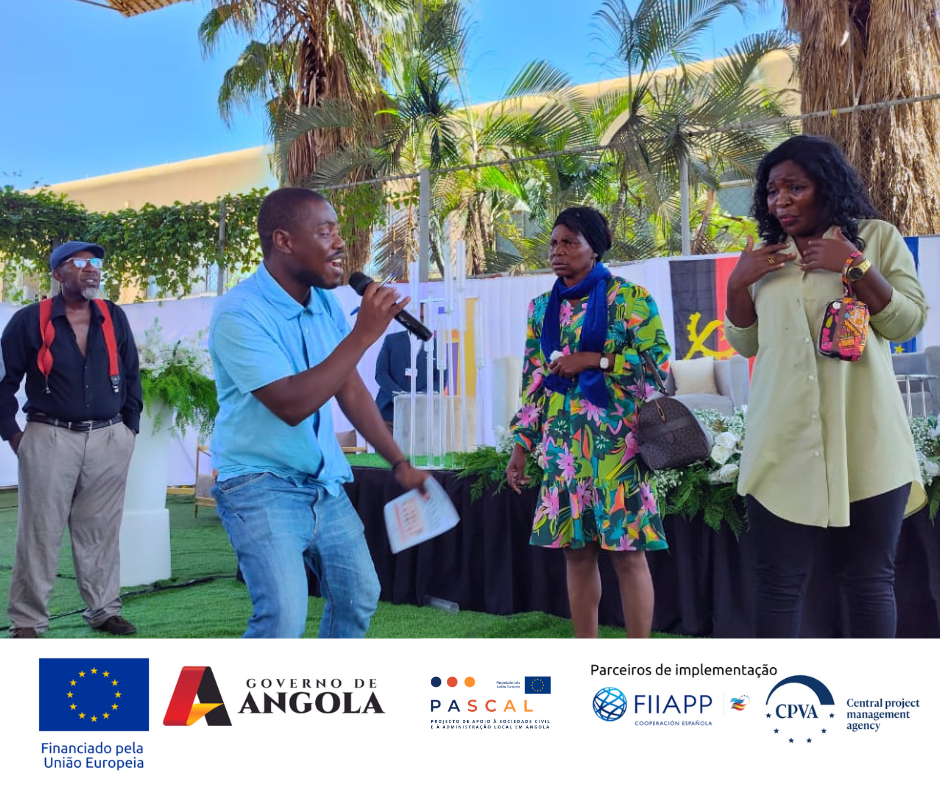 Strengthening the participation of young women in governance processes is essential for democratic, equitable and inclusive development, allowing all segments of society to have the opportunity to participate, debate and contribute in appropriate decision-making spaces.
Strengthening the participation of young women in governance processes is essential for democratic, equitable and inclusive development, allowing all segments of society to have the opportunity to participate, debate and contribute in appropriate decision-making spaces.
Considering that Angola is a young country with many women, there is a need to ensure that these premises are aligned with public policies to improve the representation of women in leadership positions in local administration, as well as in public and leadership roles in various sectors of Angolan society.
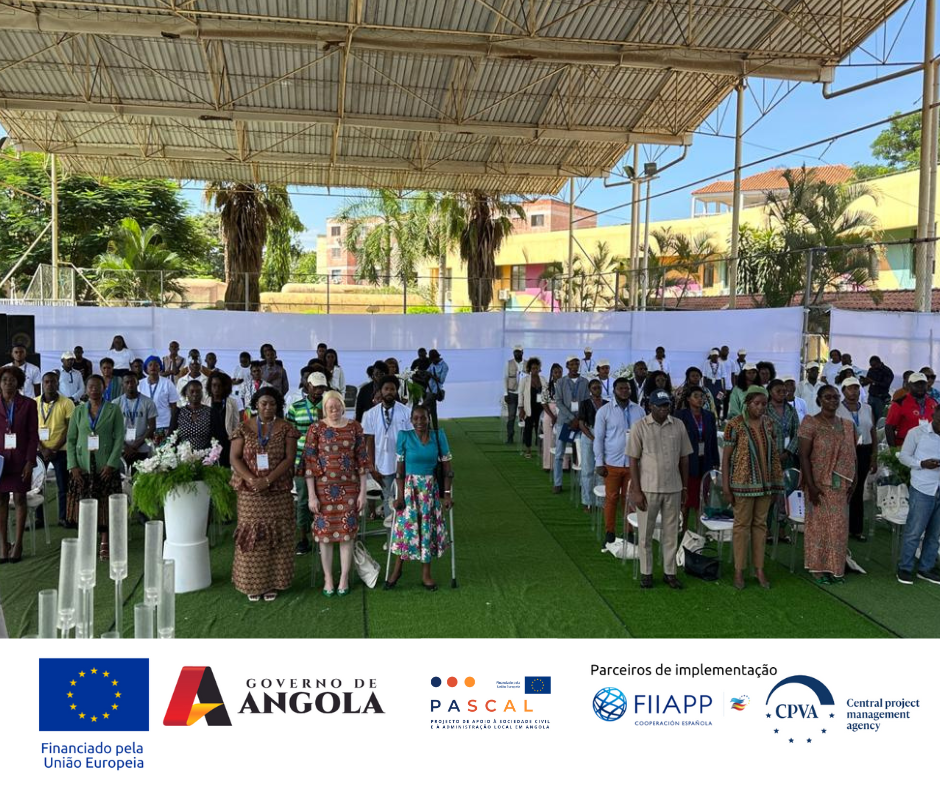
.

